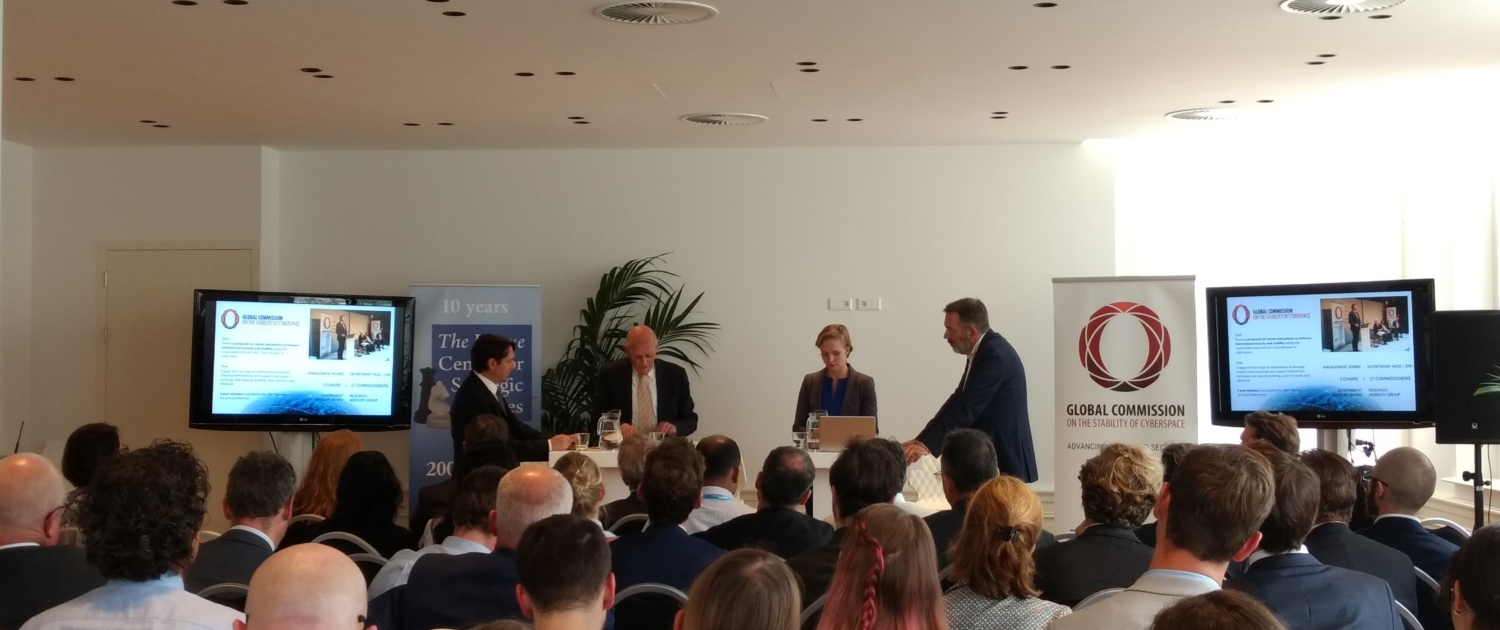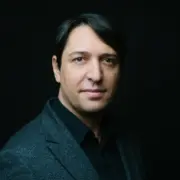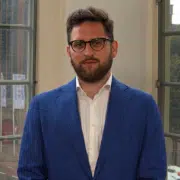We have reached the end of a twenty-five-year period of strategic stability and relative peace among major powers. Conflict between states will take new forms, and cyber-activities are likely to play a leading role in this newly volatile environment, thereby increasing the risk of undermining the peaceful use of cyberspace to facilitate the economic growth and the expansion of individual freedoms.
To counter these developments, The Hague Centre for Strategic Studies (HCSS) and the EastWest Institute (EWI) – supported by, among other partners, the Ministries of Foreign Affairs of the Netherlands, France, Estonia, the Cyber Security Agency of Singapore, the Microsoft Corporation and the Internet Society – have taken the lead in establishing the Global Commission on the Stability of Cyberspace (GCSC). The Commission will develop proposals for norms and policies to enhance international security and stability and guide responsible state and non-state behavior in cyberspace. In doing so, the Commission engages the full range of stakeholders to develop shared understandings, and its work will advance cyber stability by supporting information exchange and capacity building, basic research, and advocacy. The Commission was launched at the Munich Security Conference by Foreign Minister Koenders, and has since then convened in the margins of CyCon and Black Hat USA.
During the Dutch Cyber Security Week, HCSS invited GCSC Commissioners to discuss “International Norms, Cyberstability, and the Future of the Internet”. The event brought together government, private sector, and civil society stakeholders from various braches of the Dutch and international cybersecurity community, and was organized in the context of the Dutch Cyber Security Week that takes place around the Europol – INTERPOL Cybercrime Conference and the EC-Council’s Global Cyberlympics final.
After a presentation about the underlying ideas, structure and goals of the Commission, Mr. Klimburg, the Director of the GCSC Secretariat and Initiative, moderated the session with three Dutch Commissioners: Olaf Kolkman, Chief Internet Technology Officer of ISOC; Marietje Schaake, Member of the European Parliament; and Uri Rosenthal, former Foreign Minister of the Netherlands and Special Envoy for International Cyber Policy.
Each Commissioner raised concerns from their communities and shared insights on the risks and challenges that threaten the international security and stability of cyberspace, how to mitigate them, and what the way forward for international consultations on international peace and security should look like according to them. In this context, “the Commission remains strongly committed to the broad-tent approach” stated Commissioner Olaf Kolkman.
The Commissioners addressed the first priority of the GCSC: “the public core of the Internet”, and the protection thereof, and discussed it with Dutch and international cybersecurity stakeholders. Among other things, they exchanged views on the conceptualization of (parts of) the internet as a “global public good”.
For additional information about the Global Commission on the Stability of Cyberspace, its members, the Research Advisory Group, and the meetings it had, please visit www.cyberstability.org, or get in touch with the Secretariat via info@cyberstability.org.






